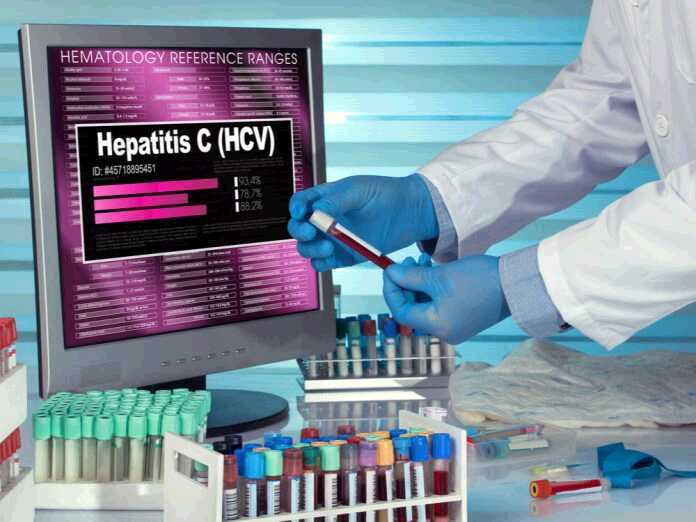
A liver disease which can manifest itself both as a mild illness that lasts for a couple of weeks or as a serious lifelong illness, hepatitis C can be tricky to detect. It’s a blood-borne virus and it’s usually transferred by sharing needles, razors, and toothbrushes with an infected person or having unprotected sex.
Here are some things you should know about hepatitis C tests.
The Window Period
Doctors usually test for hepatitis by doing a hepatitis C antibody test which is used to check if your body has produced any antibodies for HCV. However, the problem with this method is that our bodies usually take several weeks to recognize the virus and start making antibodies. This is called the window period.
If a test is taken during this period, it will come back as a false negative. Your doctor may recommend taking another test in a couple of weeks.
Who Should Get Tested?
Some people are at a higher risk for this disease and should consider taking hepatitis C tests more often. These include:
- People who use (or have used) injection or intranasal drugs;
- People whose partners have HCV;
- People with HIV;
- People who received an organ transplant or blood transfusion before July 1992;
- People who have had piercings or tattoos.
To avoid getting hepatitis C, avoid using injection drugs, don’t share personal hygiene items like toothbrushes and razors, and practice safe sex. You also want to make sure that licensed professionals do your tattoos and piercings in sterile conditions.
Final Word
The incidence of hepatitis C is on the rise since 2010, which is why testing is important now more than ever. Now that you know more about hepatitis C tests, make sure you avoid behaviors that can put you at a greater risk of HCV and get tested more often if you need to.






























